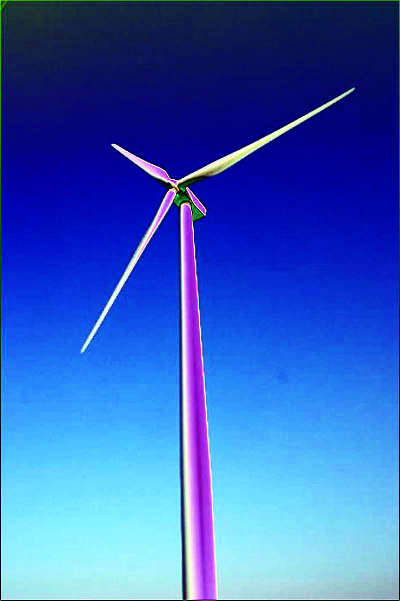New tech shifts climate talks
 Technological advances have transformed climate change politics, according to UN climate chief Christiana Figueres.
Technological advances have transformed climate change politics, according to UN climate chief Christiana Figueres.
Ms Figueres says lower prices and improved efficiency of renewable energy devices means the politics around climate change have changed since 2009, when attempts to forge a global deal on reducing greenhouse gas emissions failed at a summit in Copenhagen.
“We’re in a very, very different position to Copenhagen not just from a procedural point of view, but from many other points of view,” Figueres told reporters during a visit to Australia.
The price of solar panels has dropped 80 per cent since the 2009 Copenhagen meeting, and the panels are now 40 per cent more efficient.
The cost of solar power is the same or cheaper than power from the grid in at least 60 countries, she said.
Meanwhile, one of the Australian federal government’s top climate advisors, Maurice Newman, has made the bafflingly absurd claim that the UN is using climate change to end democracy and establish communist rule.
Back in the real world, investments in solar, wind and geothermal energy technologies have increased dramatically, demonstrating “confidence that the investment into clean technologies is viable and is profitable,” Ms Figueres said.
Ms Figueres said the beginnings of a new legislative paradigm were emerging, with the number of laws and regulations for renewable energy and climate change having increased 20-fold since Copenhagen.
She said this indicates that the world’s regulatory framework is heading toward a cleaner energy mix.
UN negotiators have produced an early draft of what could be a landmark climate deal in Paris, with documents provided four months ahead of schedule and condensed into just 47 pages.
“That is remarkably different to where we were in the lead up to Copenhagen where we did not have an official negotiating text, where we had 300 pages of compilation of texts, but certainly no negotiating text,” Figueres said.







 Print
Print